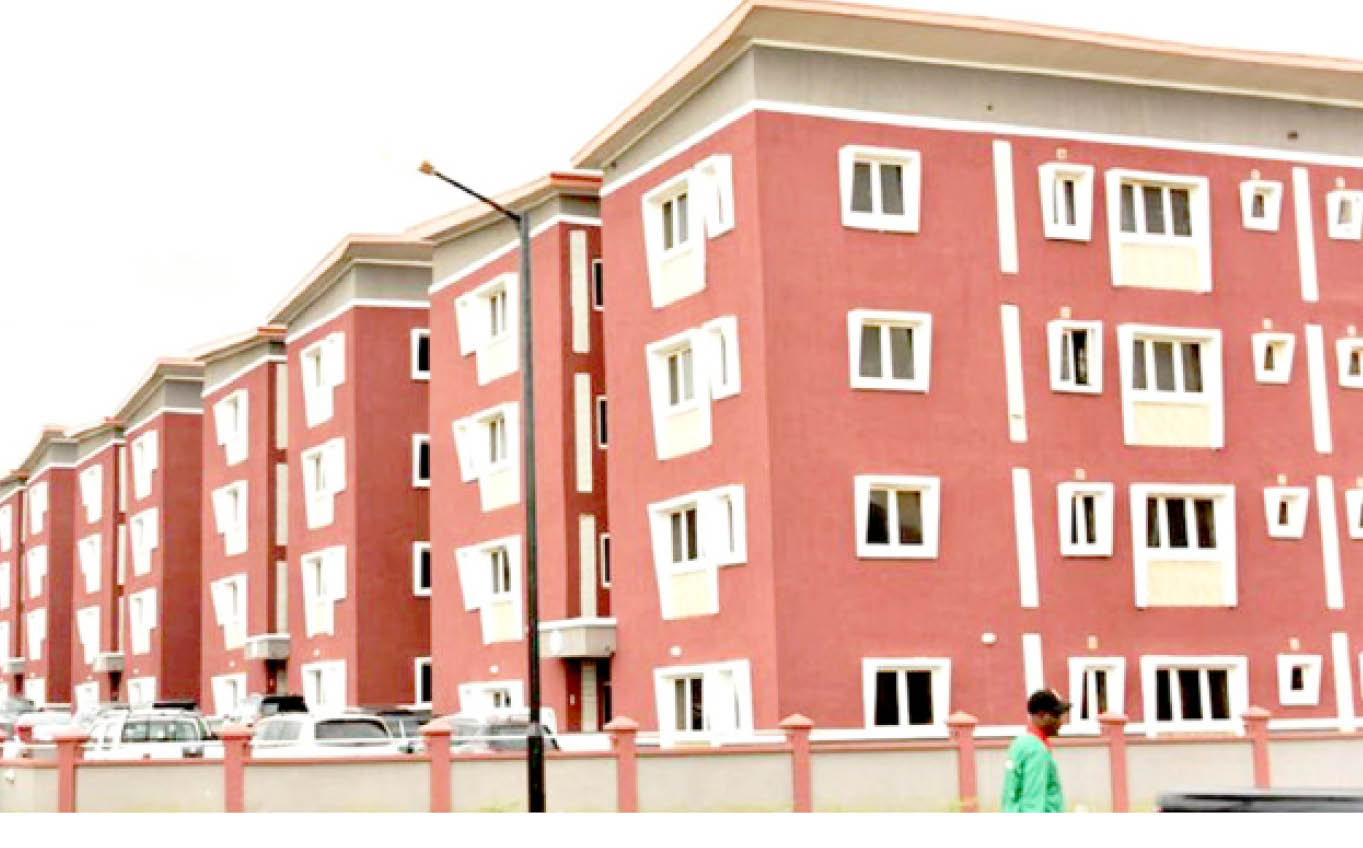Industry leaders in Nigeria’s real estate and construction sectors are calling on the government to urgently implement the “Nigeria First” policy framework, recently introduced by the administration of President Bola Ahmed Tinubu, to protect the sector from escalating costs and economic downturn.
The policy, which places a strong emphasis on prioritising Nigerian-made goods and services in government procurement, has been described by stakeholders as a lifeline for the housing sector amid mounting concerns over rising construction expenses and the depreciation of the naira.
At various industry forums, developers have voiced frustrations over the surging cost of imported building materials, warning that the sector’s contribution to the nation’s GDP may shrink if nothing is done to curb overdependence on foreign inputs.
The Housing Development Advocacy Network (HDAN), a major voice in the push for housing reform, hailed the Nigeria First initiative as a transformative step toward reducing construction costs and closing the housing deficit.
Festus Adebayo, HDAN’s Executive Director, said the policy represents a long-awaited opportunity to deepen the use of local resources in real estate development. “We’ve always advocated for increased reliance on Nigerian materials and expertise. This policy aligns with our goals and has the potential to democratise access to affordable housing,” he said.
According to Adebayo, indigenous materials such as compressed earth bricks, locally sourced timber, cement, and sustainable construction alternatives—can significantly reduce costs while also fostering job creation and environmental stewardship.
 ,
,
“This is more than an economic policy. It’s about empowering communities, encouraging innovation, and strengthening national industry,” he stated.
Adebayo also highlighted the upcoming 2025 edition of the Africa International Housing Show, which he said would serve as a critical platform for connecting investors, developers, and policy actors. “We want to attract serious investment into Nigeria’s housing sector. With the right environment, real estate can drive inclusive growth across Africa,” he added.
Joseph Momoh, a prominent property consultant, echoed Adebayo’s sentiments. He described the Nigeria First policy as a “turning point” for industrial growth and local entrepreneurship.
“This directive has the capacity to reinvigorate domestic industries, promote technical innovation, and enhance national self-reliance,” he said, stressing that a vibrant local supply chain is essential to achieving long-term sustainability.
Momoh called on both government agencies and private firms to embrace the policy, citing its alignment with global best practices in sustainability and economic resilience.
The Nigeria First framework, officially titled the Renewed Hope Nigeria First Policy, was endorsed by the Federal Executive Council (FEC) and aims to make Nigerian businesses the primary beneficiaries of public procurement contracts.
Information and National Orientation Minister, Mohammed Idris, revealed that the policy will soon be backed by an executive order to ensure enforceability.
He explained that government institutions must prioritise locally available goods and services, and any exceptions must be thoroughly justified. “This is about building confidence in our local capacity. If something can be sourced domestically, then importation should not be an option,” Idris said.
The Bureau of Public Procurement (BPP) has been instructed to amend procurement rules accordingly, with sanctions—including contract termination awaiting violators of the policy.
As Nigeria grapples with economic challenges and a housing shortfall affecting millions, experts believe that effective enforcement of the Nigeria First policy could mark a new era for the construction and housing landscape. The push to rely on local inputs is not only a cost-saving measure but a strategic tool for national development.
With growing urbanisation and rising demand for housing, stakeholders are urging authorities to seize this moment to drive lasting reforms that will reshape Nigeria’s economic and social future.




